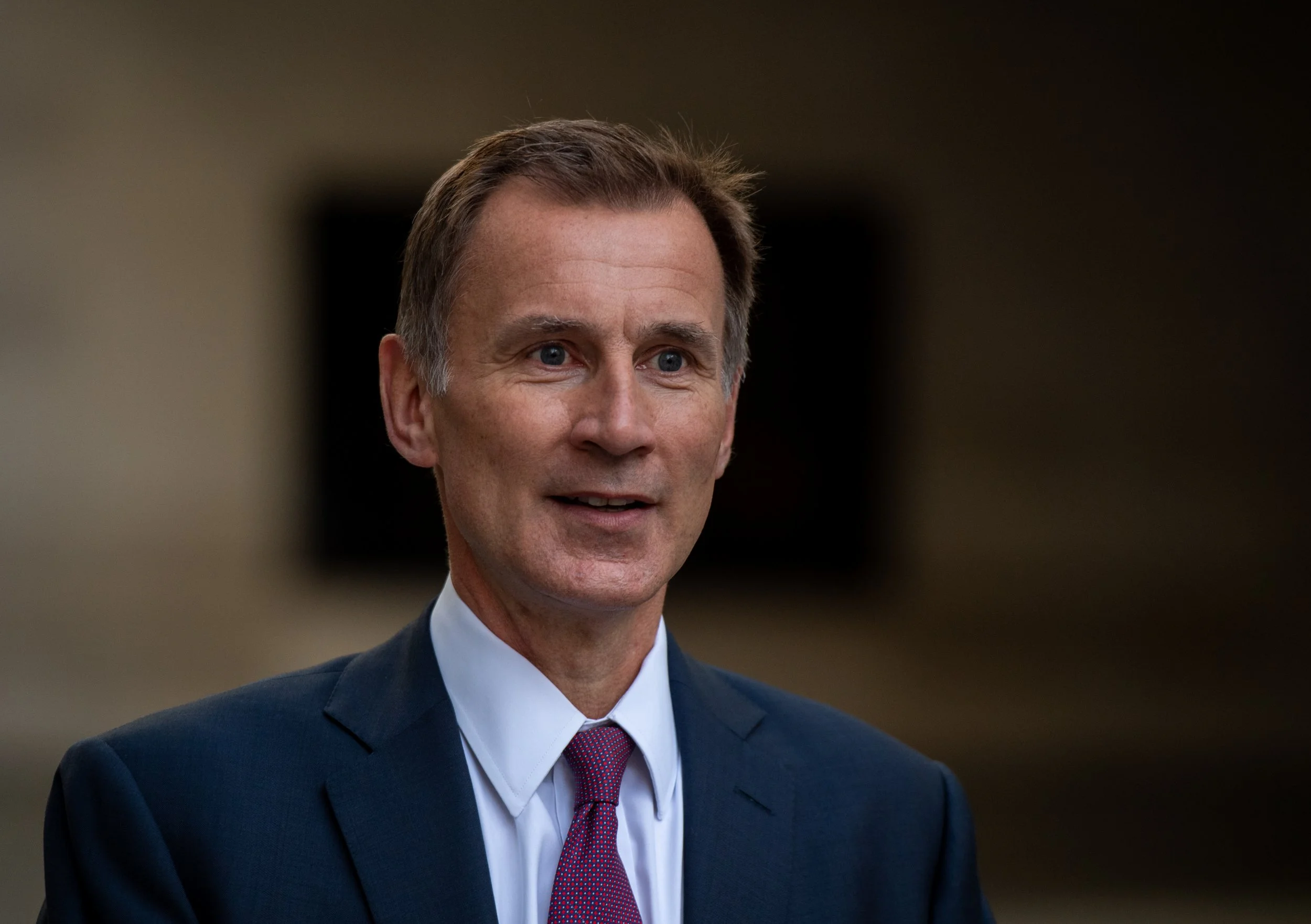More than one in six people (17%) expect that they will be repaying their mortgage when they are over the age of 65, research from Hargreaves Lansdown has found.
The survey of 2,000 people, conducted by Opinium by HL in May 2023, also found that 9% of people expect to be paying it when over 70, or will never pay it off.
The results showed that the average age that Hargreaves Lansdown expects people to pay off their mortgage has risen to 60 years old, increasing from 57 in last year’s survey.
Hargreaves Lansdown has stated that the increase in mortgage rates is likely to force people to extend the period of their mortgage later in life. The survey found that of those surveyed who were retired, 6% still had a mortgage, with 80% owning their house outright.
Head of personal finance at Hargreaves Lansdown, Sarah Coles, said: “Higher mortgage rates are likely to mean even more people paying their mortgage later in life. It has pushed the average two-year fixed rate deal to around 6.2%, according to Moneyfacts, causing a remortgaging nightmare for hundreds of thousands of people. As a result, lenders have agreed with the government to make it easier to temporarily extend the term of the mortgage, without affordability checks. It is designed to make short-term mortgage tweaks easier, but there's every chance that people taking advantage may end up with a more permanent change, to make monthly payments affordable.
“It’s not just higher mortgage rates causing the problem. The cost of property shoulders much of the blame. With the average cost of a home now at £286,000, building a deposit takes far longer – especially because we’re having to save while paying through the nose for everything from bills and rent to food. It means the average age of a first-time buyer has hit 30.
“The fact that first-time buyers are borrowing so many multiples of their income means repayments are stretched over a longer period too. The English Housing Survey in 2021/22 found that of those first-time buyers who had a mortgage, over half (56%) had a repayment period of 30 years.”
Head of retirement analysis, Helen Morrissey, added: “If you plan to keep working past retirement age to pay your mortgage, you need to appreciate that you may not be in control of when you stop work. The number of people who are too sick to work has hit a record high, and is far more common in older workers. If you need to keep working to cover the mortgage, you could end up with a serious shortfall.
“If you plan to pay your mortgage out of your pension, you need to do your calculations well in advance to be sure you can cover the cost. It’s not beyond the realms of possibility you can cover a small mortgage from your pension for the short term, but you need to work out what this will do to your outgoings and how this will eat into your retirement savings. If you are drawing from a pension, eating into the capital in the early days can have a huge impact further down the line.
“Even if you manage to pay the mortgage before retirement, if you are forced to pay for longer, you could miss a key window of funding your pension. Traditionally once children left home and the mortgage was paid off, you had an opportunity to dramatically increase pension contributions. If you’re still repaying your mortgage into retirement, this opportunity will pass.”
Latest News
-
Residential property transactions fall 24% month-on-month
-
Later life lending loans jump 5.1% in Q4 2025
-
Mortgage Awards 2026: Winners announced
-
FCA outlines proposals to close gaps in borrowers’ credit files
-
St. James’s Place closes 2025 with record FuM
-
Average LTV on UK mortgaged home drops to 59% – IMLA
Mortgage Advice Bureau and AI in the mortgage sector
Chief executive officer at Mortgage Advice Bureau, Peter Brodnicki, and founder and managing director at Heron Financial, Matt Coulson, joined content editor Dan McGrath to discuss how Mortgage Advice Bureau is using artificial intelligence to make advancements in the mortgage industry, the limitations of this technology and what 2026 will hold for the market
Perenna and the long-term fixed mortgage market

Content editor, Dan McGrath, spoke to head of product, proposition and distribution at Perenna, John Davison, to explore the long-term fixed mortgage market, the role that Perenna plays in this sector and the impact of the recent Autumn Budget
NEW BUILD IN FOCUS - NEW EPISODE OF THE MORTGAGE INSIDER PODCAST, OUT NOW

Figures from the National House-Building Council saw Q1 2025 register a 36% increase in new homes built across the UK compared with the same period last year, representing a striking development for the first-time buyer market. But with the higher cost of building, ongoing planning challenges and new and changing regulations, how sustainable is this growth? And what does it mean for brokers?
Does the North-South divide still exist in the UK housing market?

What do the most expensive parts of the country reveal about shifting demand? And why is the Manchester housing market now outperforming many southern counterparts?
In this episode of the Barclays Mortgage Insider Podcast, host Phil Spencer is joined by Lucian Cook, Head of Research at Savills, and Ross Jones, founder of Home Financial and Evolve Commercial Finance, to explore how regional trends are redefining the UK housing, mortgage and buy-to-let markets.
In this episode of the Barclays Mortgage Insider Podcast, host Phil Spencer is joined by Lucian Cook, Head of Research at Savills, and Ross Jones, founder of Home Financial and Evolve Commercial Finance, to explore how regional trends are redefining the UK housing, mortgage and buy-to-let markets.
© 2019 Perspective Publishing Privacy & Cookies











Recent Stories